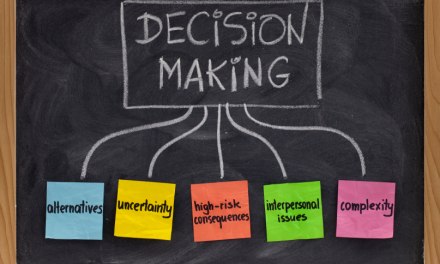I found this article interesting. It’s by two high school students who reveal much about how adolescents decide whether or not to use drugs. The authors are thoughtful, aware, conscious of the risks. Still, I picked up a definite confirmation bias at work. For instance:
- They seem to give equal (in some cases, greater) weight to the opinions and beliefs of their peers as to adults, including genuine experts. That’s in spite of vast differences in experience and knowledge. I suppose in adolescence that’s to be expected. Still, it’s easy to see the potential for spectacularly poor judgments based on false equivalency. “I know what the research says, but my friend Marie heard that…”
- It’s important to teens that adults acknowledge that drug use is their decision to make– which it is. I know parents are not happy to hear that, but it’s true.
- I couldn’t help noticing the focus on opioids and cannabis, with little attention to drinking and vaping– the two behaviors most likely to present a risk in the near future.
They did interview one peer who readily acknowledged his own “complacency” about the potential for addiction. “I didn’t see the problem coming,” he admits. Reality check: with addiction, no one ever does. That’s the bad news. By the time you wake up to it, your life has changed.
I gave a lot of talks on drug use and addiction, mostly during the cocaine / crack epidemics of the 70’s, 80’s and 90’s. Don’t know how much difference my advice made, but I sure learned a lot about the audiences.
Some observations based on those years:
- Parents can’t expect to break through to kids who are already deeply involved with substances. They’re past the point where they can hear you. You and they need professional help.
- I believe it was Dr. Stephen Glenn who observed that adolescents are most receptive to life lessons from others who are one stage of maturation farther along. Translation: the 13 year old sees his future in the 15 year old, not the college sophomore. That gap is too great.
- No use getting caught up in arguments over the fairness/unfairness of drug laws. Our drug laws have never made much sense, and arguing just distracts from the real issues. For instance, the article devotes significant space to a recitation of the legal history of cannabis, even though in terms of a decision about taking a hit of black market THC oil from a vape pipe, it’s irrelevant. The law has never been enough to stop kids from experimenting, anyway. Experimenting is what adolescents do.
- In fact, with kids, it’s best to avoid arguing altogether. State your position, provide evidence to support it, and then pay attention to the response. Arguing doesn’t lead to agreement. It just hardens conflict.
- Do not close the door on future discussions. Things change rapidly in adolescence. This is not a good time to burn bridges –especially those you may still have to cross later.













